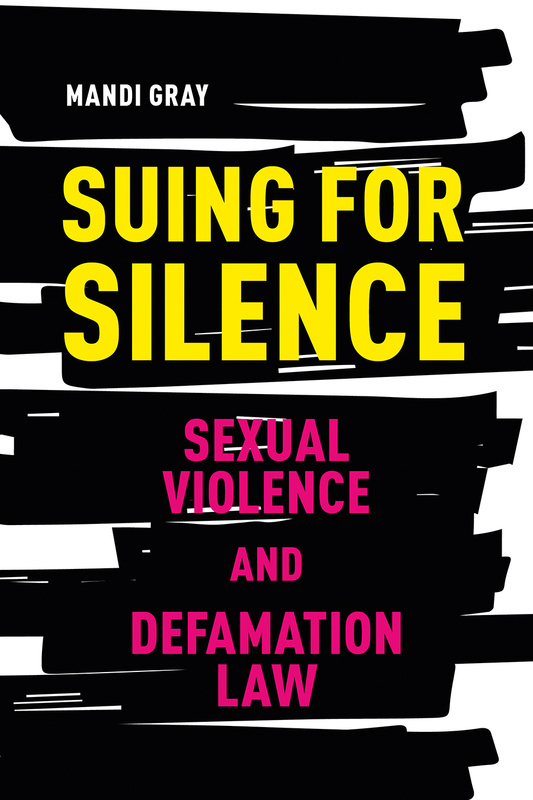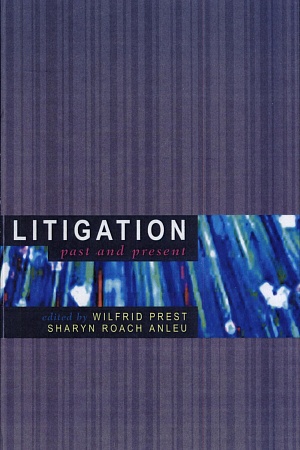Suing for Silence: Sexual violence and defamation law
University of British Columbia Press, Can$32.95 pb, 174 pp
Silence breakers
I began Mandi Gray’s book while waiting for the judgment to be handed down in Bruce Lehrmann’s defamation case against Network Ten and journalist Lisa Wilkinson. I had tuned into the live-streamed trial months earlier, along with 124,444 others, to hear Brittany Higgins being interrogated about her recollections of that fateful night in Parliament House. Gray’s argument – that some men were using defamation law to inflict further abuse and punishment on their victims, to cow them into silence, to chill public discussion of sexual violence – seemed apt indeed.
‘I had no idea it was possible to be sued for making a formal report of sexual violence.’ Suing for Silence opens with this common assumption. Gray’s incredulity illustrates how recently the gendered implications of defamation law have become clear. Other areas of law – criminal law, family law, and property law – have long been subject to feminist critique, but defamation law has largely escaped scrutiny. Suddenly it has become central to understanding whose stories are told, and how.
Continue reading for only $10 per month. Subscribe and gain full access to Australian Book Review. Already a subscriber? Sign in. If you need assistance, feel free to contact us.
















Leave a comment
If you are an ABR subscriber, you will need to sign in to post a comment.
If you have forgotten your sign in details, or if you receive an error message when trying to submit your comment, please email your comment (and the name of the article to which it relates) to ABR Comments. We will review your comment and, subject to approval, we will post it under your name.
Please note that all comments must be approved by ABR and comply with our Terms & Conditions.